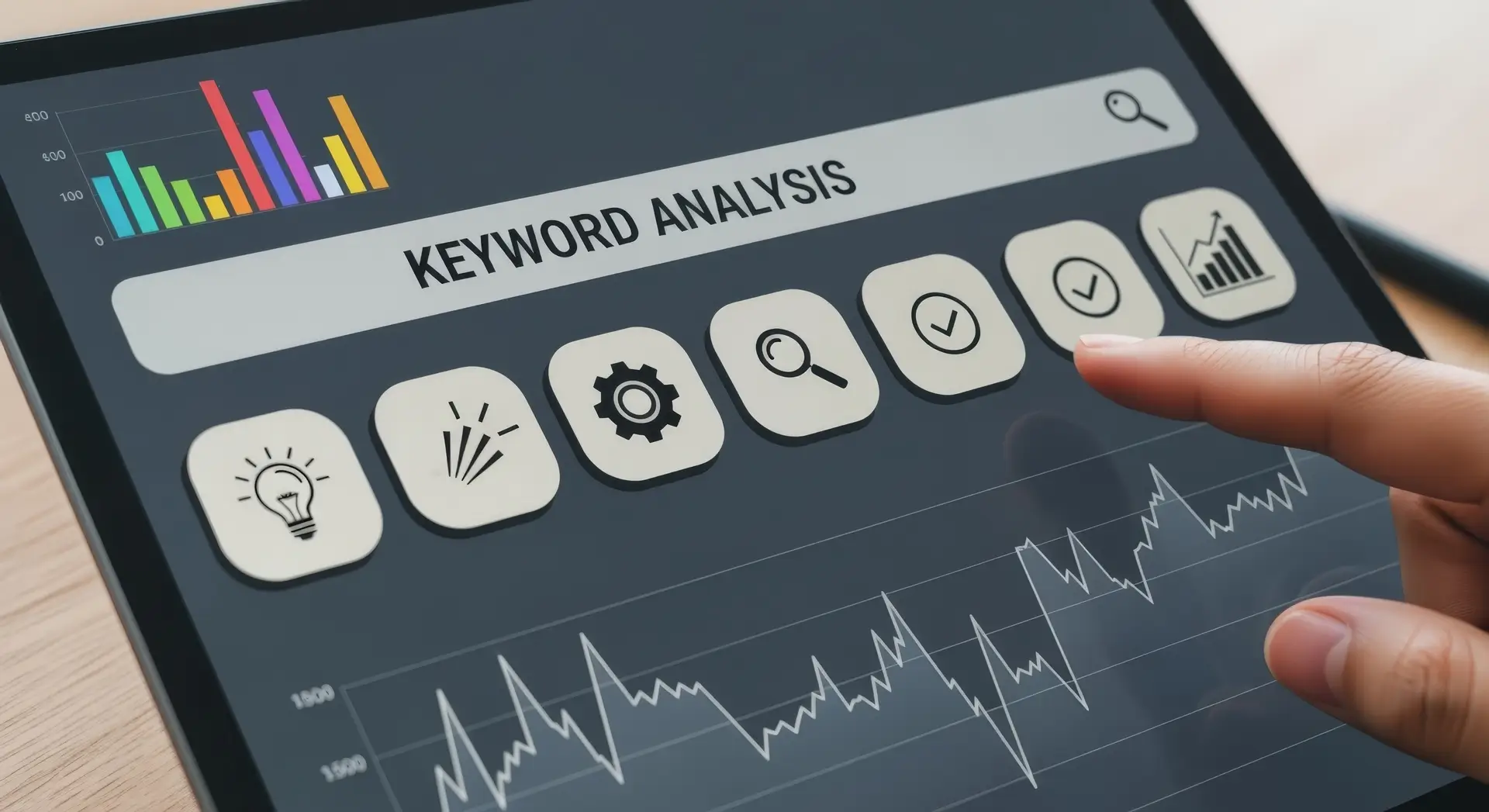To compete in today’s digital world. API integration tools are essential. These tools are used by businesses. To improve data exchange, automate processes, and integrate software systems. The correct tool may speed up development and improve dependability. Whether you are connecting payment gateways or syncing a CRM with marketing tools.
This blog post provides a concise, well-organized overview of API integration technologies. Assisting both tech-savvy and non-technical users. In comprehending their characteristics, functions, and advantages. Social media data API integration tools and information about API integration testing tools are also covered.
If you are searching for professional API development services in the US. Then click here to explore the best offers and services
API Integration Tools: What Are They?
Software solutions known as API integration tools make it easier. To integrate various apps using their Application Programming Interfaces (APIs). These technologies offer pre-built connectors, user interfaces, and automated features. In place of requiring the creation of substantial code for each integration. Its advantages are:
- One of the main advantages is that reusable connectors save time.
- Organized testing environments that result in fewer errors.
- Quicker business application deployments.
- Synchronization of data across several platforms.
What is API Development? Explore the information and get the services here
Why Do Companies Use API Integration Tools?
The reason is API interfaces let businesses avoid data silos, exclude manual labor, and provide smooth client experiences. Data flows consistently across platforms. When systems are correctly connected. This enhances analytics, decision-making, and operations. Uses include:
- Linking inventory management systems to e-commerce platforms.
- Connecting CRM platforms and marketing tools.
- Combining payroll and compliance services with HR software.
Learn about the API Integration. Get the right information and professional services here
What Are The Types Of API Integration Tools?
Several types of API integration tools are used. Each with a different function. Depending on the industries covered. The scope of operations and the complexity of the integration.
1. Platforms With Low Or No Code
These platforms enable integrations to be set up by users. Without any programming knowledge, like:
- Zapier
- Integromat
- Tray.io
1.1 Benefits
- Easy to use
- Fast setup
- Excellent for small and medium-sized enterprises
2. Platforms For Enterprise Integration (EiPaaS)
Large enterprises use these scalable and reliable platforms. To handle intricate departmental interfaces like:
- Anypoint Platform by MuleSoft
- Boomi
- Workato
2.2 Benefits
- Scalability
- Compliance with security
- Adaptable to systems at the corporate level
3. API Tools for Developers
These are designed for developers. Those who want greater customization and control.
- Postman for development and testing
- Swagger for documentation of APIs
- Google Cloud’s Apigee
Discover the IT Consulting Services here. Explore the right information and services
What Are Social Media Data API Integration Tools?
Due to the importance of social media in marketing. Companies may collect, evaluate, and act upon user data instantly. By connecting social media platforms using social media data API integration tools. Using these tools has the following advantages:
Centralized access to metrics (engagement, likes, and shares)
Sentiment analysis in real time
Optimizing targeted advertisements
Monitoring campaign performance
1. Commonly Used Tools
- Integrations with Hootsuite APIs
- Buffer’s toolset for APIs
- The Sprout Social API
Note: Businesses can more effectively track return on investment (ROI) from social media initiatives. By connecting these technologies with analytics dashboards or CRM systems.
What is IT Consultancy? Explore the right information and best IT Consultancy here
What Are API Integration Testing Tools?
Testing APIs is important to ensure they function as intended. Before any integration goes live. API integration testing tools help in finding errors, guaranteeing data integrity, and verifying response speeds.
1. Why Testing Is Important
Here are the reasons why testing is important:
- Stops data leaks
- Guarantees excellent uptime and availability.
- Helps in identifying mistakes early in the development process.
2. What Are Popular API Integration Testing Tools?
The popular API integration testing tools include:
- Postman: It is widely used to create and evaluate APIs.
- SoapUI: Excellent for security and functionality testing.
- JMeter: A tool for evaluating performance.
- Assertible: Connects to CI/CD and automates API tests.
Important Features Of API Integration Tools
Take into account the following characteristics while selecting the best tool for your company:
- Ease of Use: For non-technical users, drag-and-drop builders are perfect.
- Security Measures: It includes OAuth and end-to-end encryption.
- Customization: The capacity to design intricate processes.
- Scalability: The capacity to accommodate expanding data and user needs.
- Support & Documentation: Detailed instructions and a friendly community.
How Business Workflows Are Improved by API Integration Tools?
Through the integration of several digital technologies, companies can:
- Employee time can be saved by automating repetitive operations.
- Make sure all departments have the same data.
- Utilize centralized insights to enhance decision-making.
- Improve the client experience by using interconnected touchpoints.
For Example: To create a smooth customer journey from browsing to purchase and follow-up after the sale. An online retailer can combine its shopping cart, payment processor, and email automation service.
What is REST API Integration? Explore the advantages and benefits of REST API here
What Are The Best Ways to Utilize API Integration Tools?
Here are the best ways to use API integration tools:
1. Develop an Integration Strategy
Describe the data that must be shared and the systems that must communicate.
2. Before Deployment Test
To verify setups, use testing tools for API integration.
3. To Keep An Eye On System Performance
Monitor data transfer problems and delay in real time.
4. To Stay Up To Date
APIs are constantly evolving. Select tools that allow for simple reconfiguration or automatic updates.
5. To Keep A Record Of Everything
Keep thorough records for every integration. This facilitates new team member onboarding and troubleshooting.
If you are looking for professional API development services. Then click here and explore offers and services
Final Thoughts On API Integration Tools
In the connected world of today, API integration solutions are important. From data synchronization to workflow automation. These tools improve scalability, accuracy, and efficiency. The correct tool can revolutionize your company’s operations. Whether you are employing social media data API integration tools for marketing insights. Whether API integration testing tools to guarantee dependable connections. Businesses may maintain their agility, competitiveness, and customer focus in a digital-first environment. By implementing these solutions.
FAQs
1. What is a tool for API integration?
By connecting disparate software systems. An API integration tool enables data and functionality sharing without the need for human involvement. These tools increase workflow efficiency and streamline automation.
2. How can businesses benefit from social media data API integration tools?
They enable companies to track interaction, evaluate sentiment, and improve ad performance. By gathering real-time data from social media sites like Facebook, Instagram, and Twitter.
3. Why are API integration testing tools important?
Testing helps avoid downtime and security problems. By ensuring that APIs operate as intended, handle failures appropriately, and preserve data accuracy.
4. Do I need to know how to code in order to use API integration tools?
Yes, a lot of platforms, such as Make (Integromat) and Zapier, have low-code or no-code interfaces. That makes it simple for non-developers to create workflows.
5. How can I pick the best tool for integrating APIs?
Consider attributes such as scalability, security requirements, robust documentation, ease of use, and compatibility. With the platforms you wish to combine.




